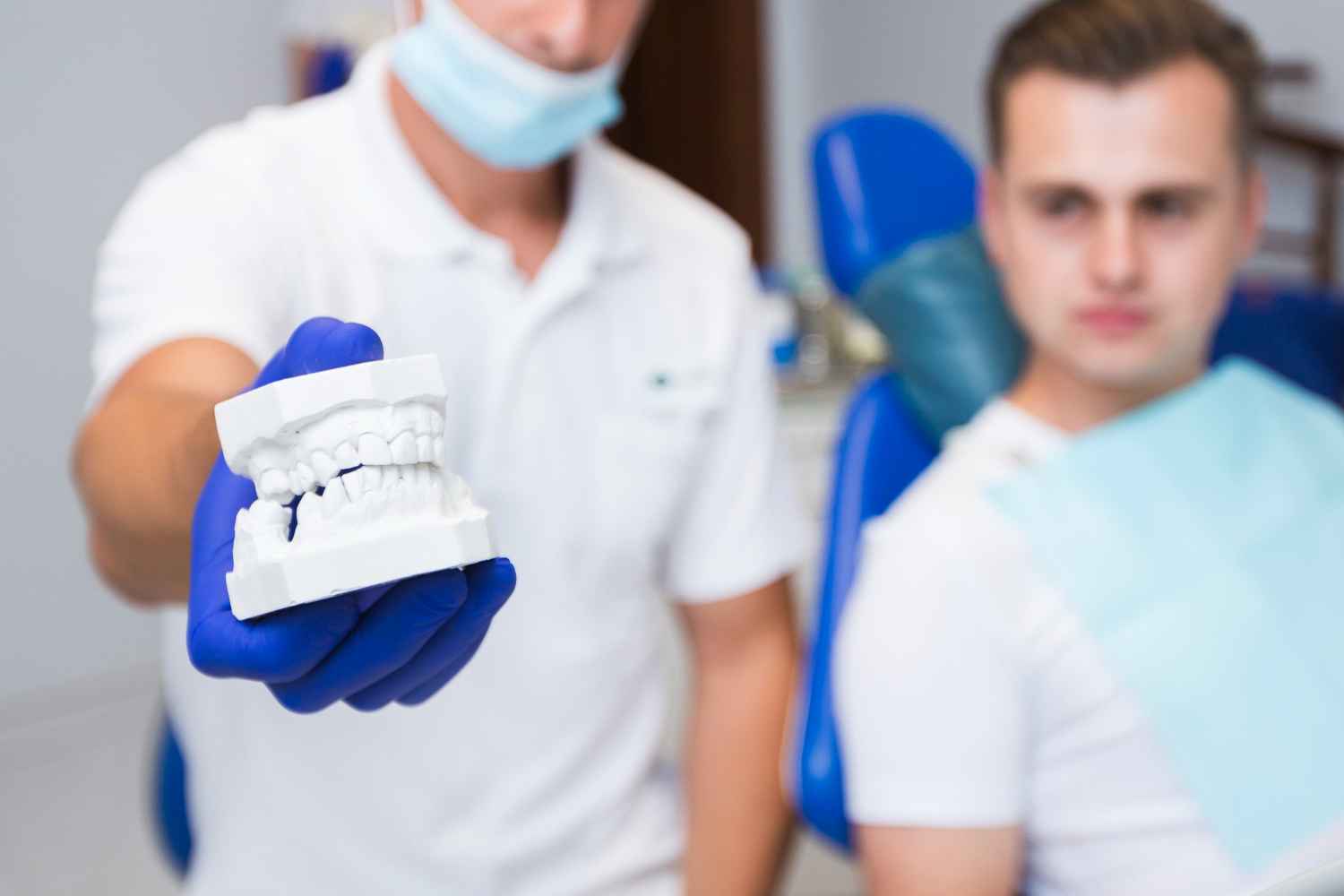Benefits of Teeth Extraction
Teeth extraction can provide relief from pain caused by severe decay or infection, and can prevent the spread of harmful bacteria. Removing a damaged or infected tooth helps maintain the health of surrounding teeth, reduces the risk of future complications, and opens up space for future treatments like implants or braces.
Who Needs Teeth Extraction?
Teeth extraction is often necessary for patients experiencing severe tooth decay, infection, or overcrowding. It may also be recommended for patients needing space for dental procedures such as orthodontic treatments or implants. In some cases, wisdom teeth removal is essential to prevent discomfort or future dental issues.
Procedure Overview
The teeth extraction procedure typically involves local anesthesia to ensure comfort. The dentist will carefully loosen and remove the tooth. Depending on the situation, the extraction may be simple (for a visible tooth) or surgical (if the tooth is impacted or below the gumline). The procedure is quick, and most patients experience minimal discomfort.
Recovery After Teeth Extraction
After tooth extraction, patients may experience mild swelling, discomfort, or bleeding, which is normal. It is important to follow aftercare instructions such as avoiding certain foods, using prescribed pain relievers, and keeping the area clean to promote healing. Full recovery typically takes a few days, and the results can be long-lasting with proper care.

Why Choose Teeth Extraction?
Teeth extraction is often the most effective solution for severely damaged or decayed teeth that can’t be saved. It provides immediate relief from pain and prevents the spread of infection. In addition, extraction may be necessary before other treatments, such as braces or implants, can be performed.





